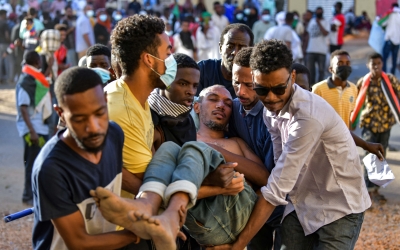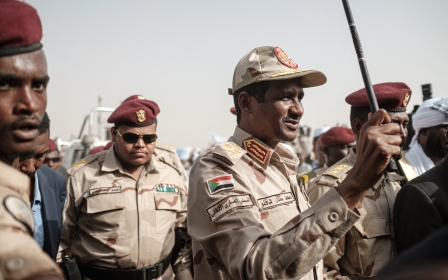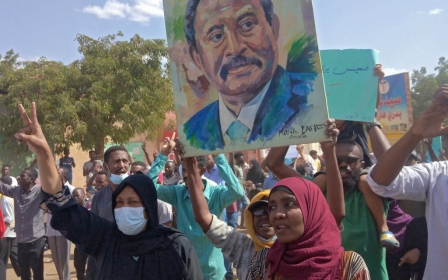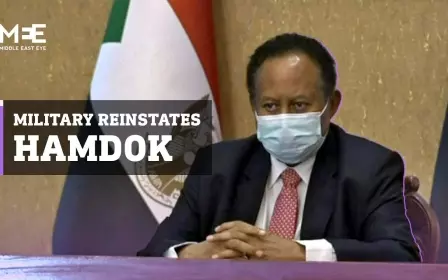Sudan: Third of population to face humanitarian crisis without aid
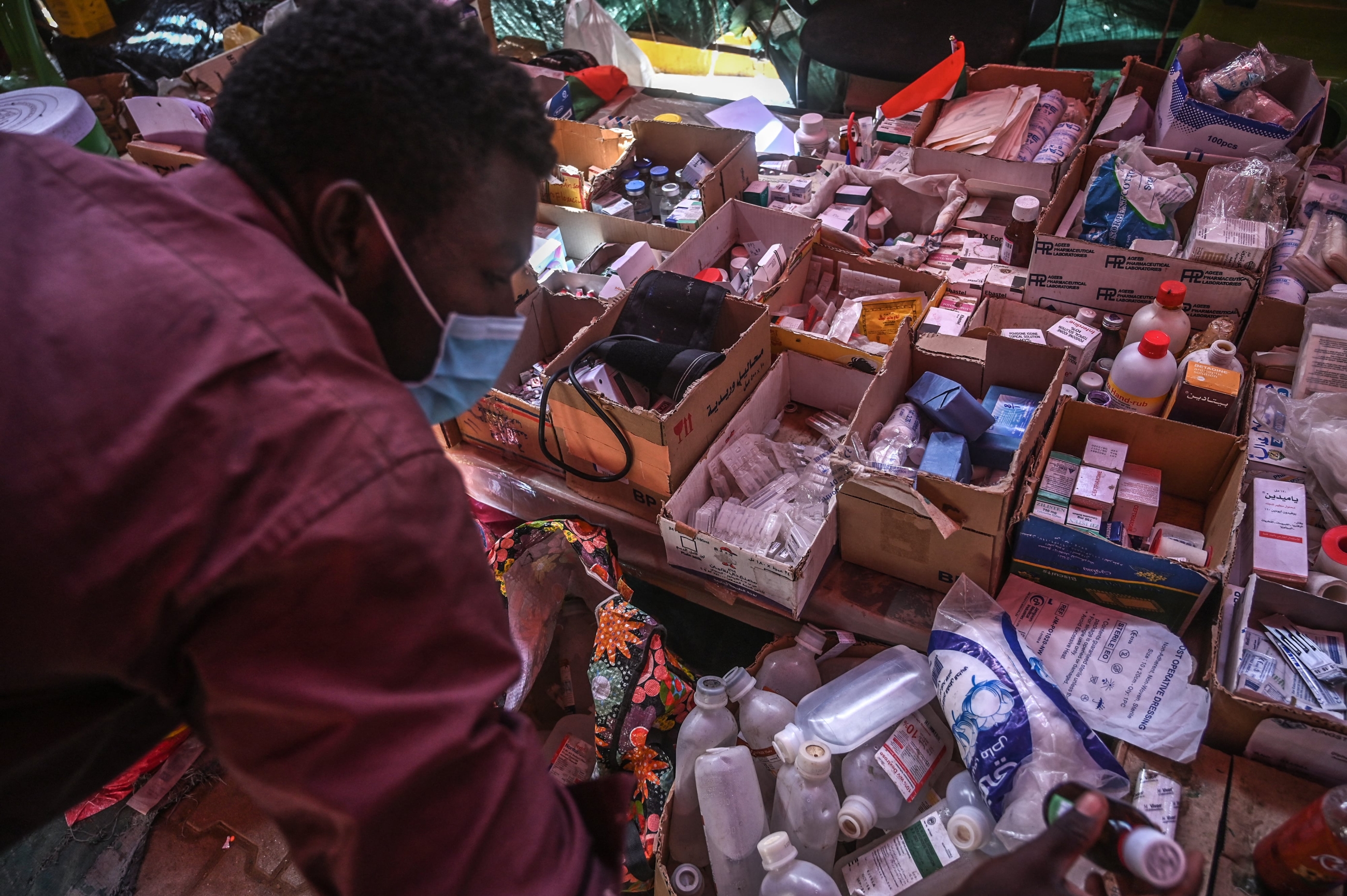
A UN office warned on Monday that 30 percent of Sudan's 50-million strong population is at risk of humanitarian crisis if aid is not supplied by next year.
Sudan has been hit hard by the ongoing Covid-19 pandemic, which hurt its already-crippled economy. Its response has been hampered by an unstable political situation and widespread upheaval.
A report by the UN Office of Coordination for Humanitarian Affairs (OCHA) on Monday said that Sudan, one of the world's poorest countries, has also been hit by floods and had to host millions of refugees and internally displaced people (IDPs) in recent years.
OCHA said 14.3 million of Sudan's population will require humanitarian assistance in 2022 - half of them vulnerable women and children.
New MEE newsletter: Jerusalem Dispatch
Sign up to get the latest insights and analysis on Israel-Palestine, alongside Turkey Unpacked and other MEE newsletters
The report said that 9.1 million people "need emergency assistance for life-threatening needs related to critical physical and mental well-being".
"Meanwhile, all the people require life-sustaining support to meet minimum living standards."
"The number of people in need in Sudan in 2022 is the highest in the past decade," OCHA said, adding that the number will jump by roughly 800,000 from this year.
Sudan has almost three million IDPs following decades of conflict and civil war in the western region of Darfur that started in 2003 and left 300,000 dead, according to UN data.
Sudan also hosts nearly 1.2 million refugees and asylum seekers, two thirds of whom come from South Sudan, which seceded in 2011.
Sudan, which has recently been beset by inflation, has pushed strict economic reforms, slashing subsidies for essentials such as petrol and diesel.
Despite ousting the dictator Omar al-Bashir - who ruled the country for 30 years, in mass protests in 2019 - the Sudanese people are still wrestling with political instability and authoritarian violence.
In October, military chief General Abdel Fattah al-Burhan seized power in a military coup, arresting Prime Minister Abdalla Hamdok and other civilian ministers.
They were released and reinstated on 21 November in a deal with the military, but demonstrators - most of whom want the military excluded from politics altogether - returned to the streets on Monday in protest against the agreement.
Middle East Eye delivers independent and unrivalled coverage and analysis of the Middle East, North Africa and beyond. To learn more about republishing this content and the associated fees, please fill out this form. More about MEE can be found here.


